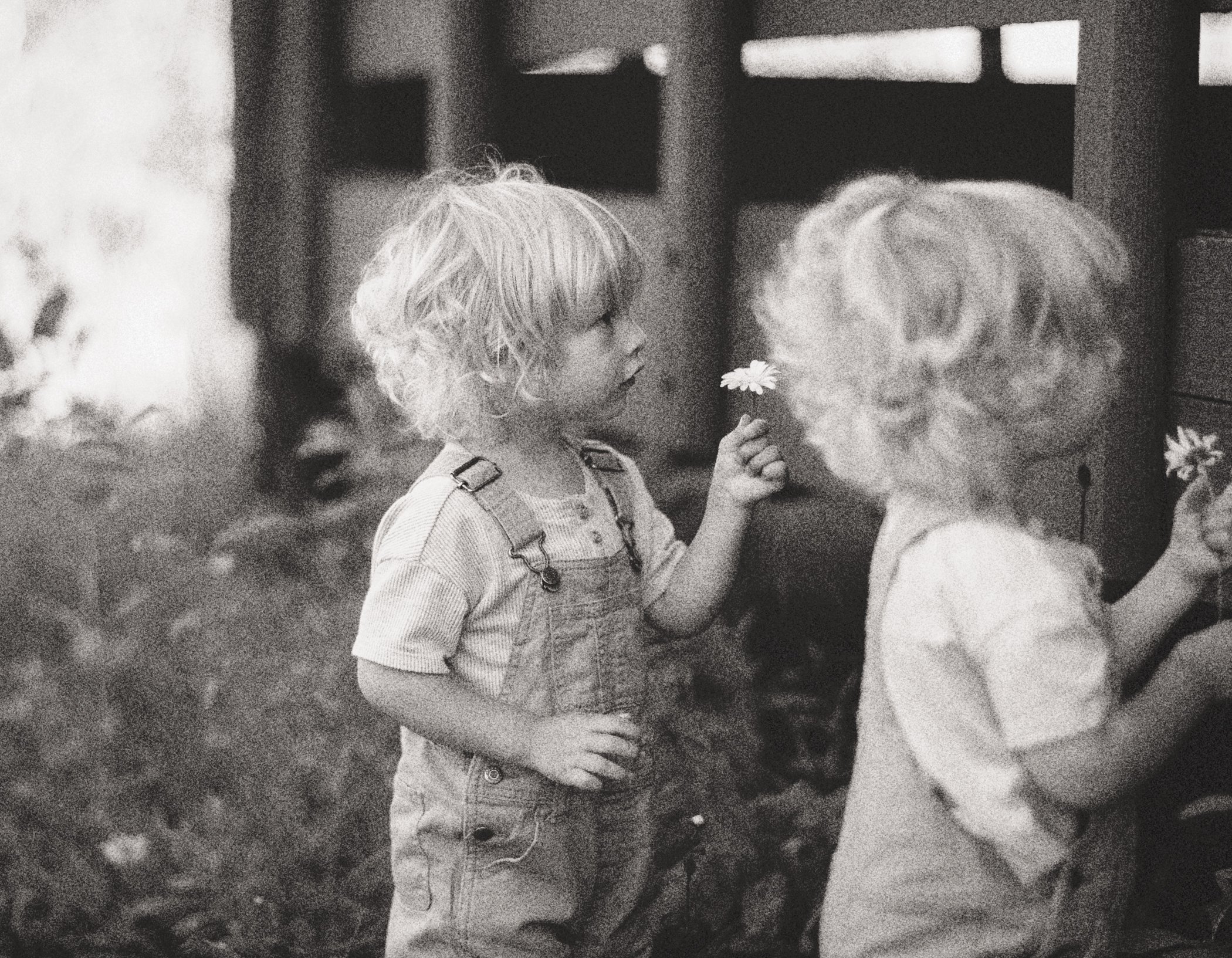No Risk, No Reward
/No risk. No reward.
We’re often willing to take many risks in life. Financially we make that investment. Relationally, we reach out to that guy or girl we like. We send that text with our heart attached. We book that plane ticket. Interview for that job. Climb that mountain. Sign that mortgage. We know we might loose out or fall our face in the process of “risking it,” but we know what might be on the other side makes it “worth the jump.” Read a just about any self-help or business book, and you’ll find the message is unanimous: take a risk…you might fail, but get up and do it again until you make it. We know this “no risk, no reward” principle is true in life. We’re willing to take a risk on a lot of things in order to gain whatever it is we desire.
But when is the last time you took a risk in your faith? Jesus is pretty clear about the call to follow Him. It’s all or nothing. It’s complete surrender. And yet, we often act like we can choose the “safe bets” with God. It’s easy to be afraid that if we take that jump, He might have us do something crazy, you might look foolish, or it may involve suffering. Again, Jesus is upfront about the call: yes, it will most assuredly involve suffering, and He will probably take you somewhere you never imagined you’d be. He also uses the “foolish things to shame the wise.” (1 Cor. 1:27) But it’s the most sure risk there is! He says that risking it on Him produces eternal dividends. We can stop taking risks for our own little kingdoms and start taking risks for His. Maybe we forgot which kingdom lasts forever, or that our life here can count for something so much more than just for today or 30 years from now.
Read More



































